Peach, Pho and Piano is considered an unprecedented box office phenomenon in Vietnamese cinema. Premiering from February 10 (the first day of Tet), by February 27, the state-ordered film had surpassed the 4 billion VND mark in revenue (according to Box Office Vietnam).
However, this fever also shows many problems in the process of releasing and promoting films ordered by the state.
Associate Professor, Dr. Bui Hoai Son, Standing Member of the National Assembly's Committee on Culture and Education, shared with VTC News about the above issue.
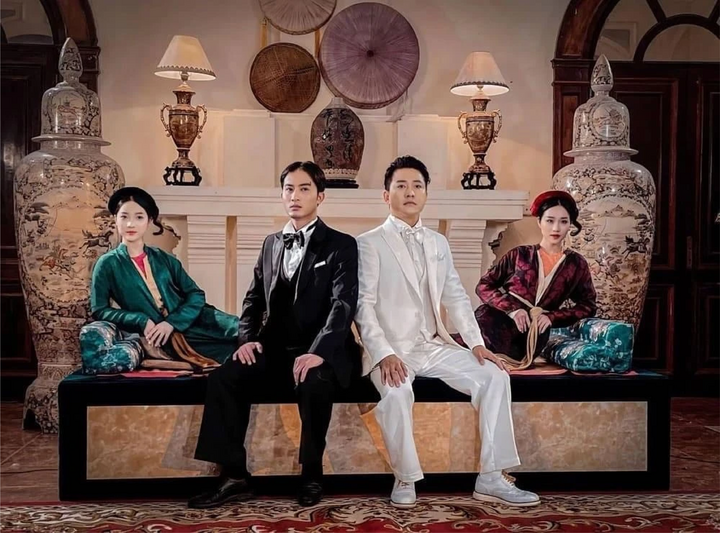
"Peach, Pho and Piano" unexpectedly became a box office phenomenon thanks to the spread of social networks.
- Recently, “Dao, Pho and Piano” - a historical film commissioned by the government, unexpectedly became a box office phenomenon, attracting a large audience to the cinema. What do you think about this phenomenon?
I think this is a good sign but not a good, sustainable trend. Although we are very happy, we should not be too optimistic about the fact that state-ordered films will quickly dominate the market and have high revenue.
We should have a clearer view of the operation of our country's cinema industry in a market economy, where state-ordered films must meet the requirements of the economy, satisfy the laws of competition, supply and demand, and must also demonstrate the orientation, values, and political, historical, cultural messages that the state desires for the ordered films.
- Marketing and communications expert Le Quoc Vinh once shared with VTC News that he felt very strange when "Dao, Pho and Piano" was invested in by the state with a production budget of 20 billion VND, but there was no budget for media promotion.
The fact that the film Dao, Pho and Piano was well received by a wide audience proves how important the distribution of state-ordered films is.
It is clear that we have not paid enough attention to film distribution. This is the result of a very long period when we did not think much about the film industry, about creating cultural and artistic products, even those ordered by the state.
In a market economy, where distribution, release and promotion are very important, we only think about creating products that are in line with the state's direction to serve political tasks.
Because we have not paid attention to the market factors for cultural and artistic products, it leads to a situation where there is too little or no funding for distribution. These are factors that prevent artistic products in general and especially state-ordered cinematographic works from reaching the public.

Delegate Bui Hoai Son raised the issue of protecting consumers from advertising information from celebrities.jpg
The movie "Peach, Pho and Piano" is a phenomenon that makes us think about the process of producing cinematic works.
Bui Hoai Son
The film Dao, Pho and Piano is a phenomenon that makes us think about the production process of a film work that must be consistent and professional. Artists must listen to the needs of the market. Artistic products must find the public. Production must be linked to promotion and distribution.
- "Dao, Pho and Piano" is released by some private theaters for non-profit purposes, but they can support one film but not every film. In your opinion, what should we do to get private theaters to participate in releasing films ordered by the state?
The problem we have been stuck with for a long time is that there is no mechanism to ensure that all parties involved benefit when releasing films ordered by the state, leading to difficulties in bringing films to theaters.
Furthermore, we do not have much experience in trading state-ordered film products. To trade and distribute state-ordered films, we are bound by many different regulations, such as regulations on management and use of public assets, regulations on auctions, etc.
This makes it difficult to release state-ordered films, creating a psychological barrier for managers and stakeholders who are hesitant and not really willing to bring state-ordered films to the market.
Along with that, it also involves state cinemas. Currently, the National Cinema Center is the only agency that is suitable to do this job. This also makes it impossible for many audiences to access valuable films.
We need to have incentive policies to have more distribution companies and cinemas, both private and foreign, participate more actively in distributing state-ordered films.
Only then will these films not be a waste of investment and better promote humanistic values and revolutionary history to the general public - in line with the state's order.
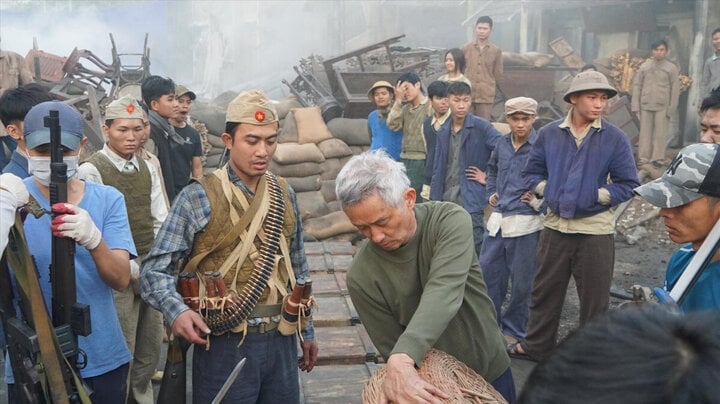
The issue of promoting and distributing films ordered by the state has not been given due attention.
- From the phenomenon of "Dao, Pho and Piano", what do you think about the competitiveness between state-ordered films and privately produced films?
I think we should not focus on the competition between state-ordered films and private films. Because the purpose of making films and the market are quite different. For the audience, they do not care whether the film is made by the state or private, they mainly care about the quality of the film. Any comparison is to a certain extent lame.
Importantly, we really need films about revolutionary history to convey important messages that the Party and the State have promoted. The market really needs diverse and rich dishes. Today's audiences not only need to watch entertaining films that suit their tastes, but also need films that exploit historical and revolutionary themes.
For that reason, we really need the appearance of state-ordered films. And this is even more effective if the distribution and promotion are done better so that the work can reach a wide audience.
Critic Nguyen Phong Viet shared with VTC News reporter: "From the story of Dao, Pho and Piano , we clearly see many shortcomings in releasing films ordered by the state.
According to regulations, all ticket sales of a film must be paid to the state. The National Cinema Center must do its duty because they are a state unit, although they are financially autonomous. However, when dealing with large private units, they certainly will not agree to distribute a state film without a share from the producer.
Normally, when releasing a film, theaters have to take 55-60% of the profit. They cannot give all the revenue to the production unit. In this situation, we cannot blame the private production units.
From this phenomenon, the government should adjust its policies. When a film is produced, it must be accompanied by a budget for distribution and marketing. This is one of the necessary and sufficient factors to make a film successful. A good film must be accompanied by a suitable and targeted promotional campaign to create resonance.
Source


![[Photo] 2nd Conference of the Party Executive Committee of Central Party Agencies](https://vstatic.vietnam.vn/vietnam/resource/IMAGE/2025/3/31/8f85b88962b34701ac511682b09b1e0d)
![[Photo] Prime Minister Pham Minh Chinh receives delegation of leaders of US universities](https://vstatic.vietnam.vn/vietnam/resource/IMAGE/2025/3/31/8be7f6be90624512b385fd1690124eaa)

![[Photo] General Secretary To Lam receives US Ambassador to Vietnam Marc E. Knapper](https://vstatic.vietnam.vn/vietnam/resource/IMAGE/2025/3/31/5ee45ded5fd548a685618a0b67c42970)

![[Photo] Speeding up construction of Ring Road 3 and Bien Hoa-Vung Tau Expressway](https://vstatic.vietnam.vn/vietnam/resource/IMAGE/2025/3/31/f1431fbe7d604caba041f84a718ccef7)













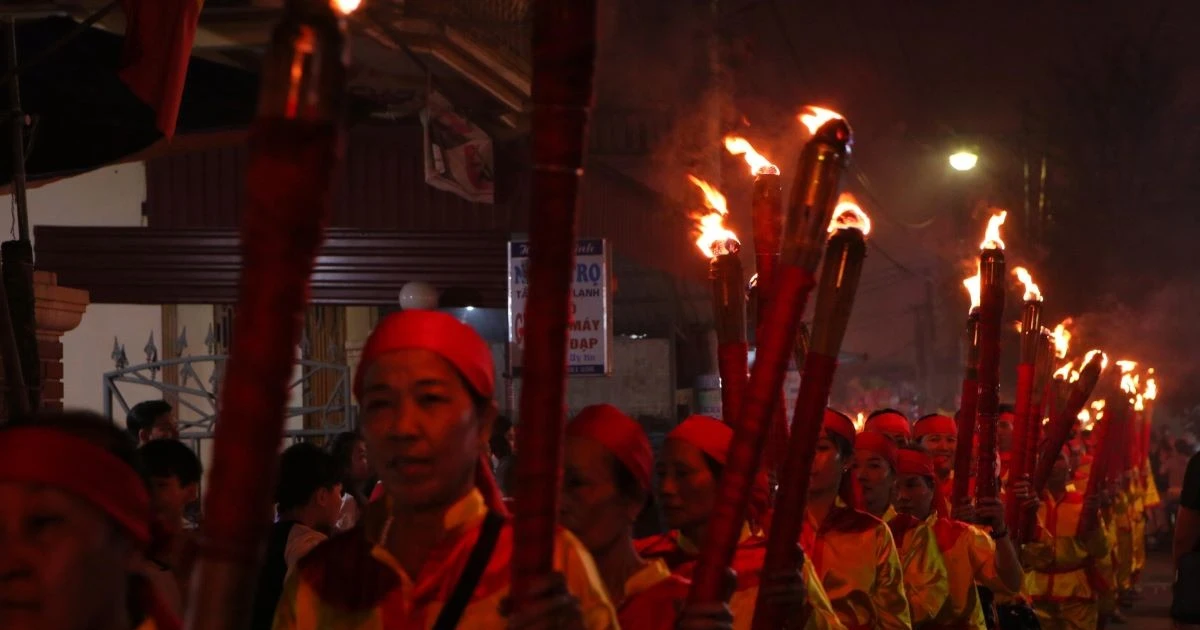

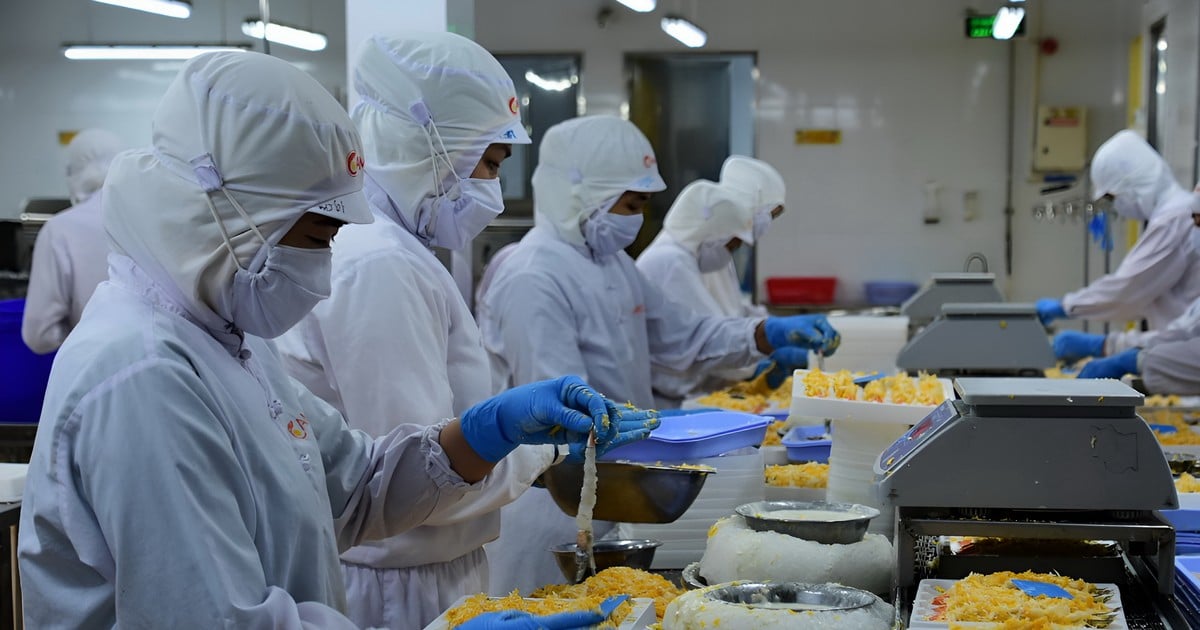























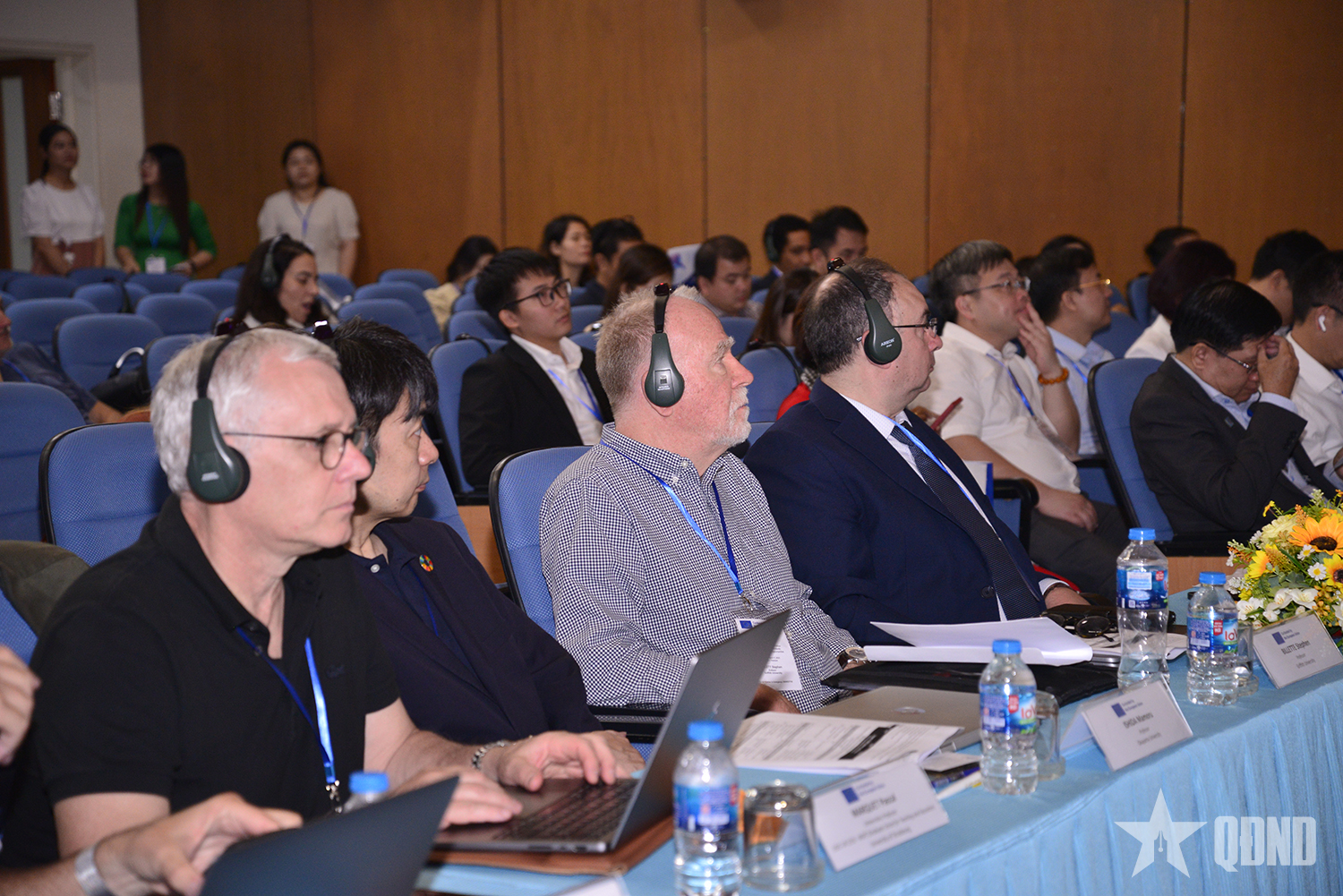

















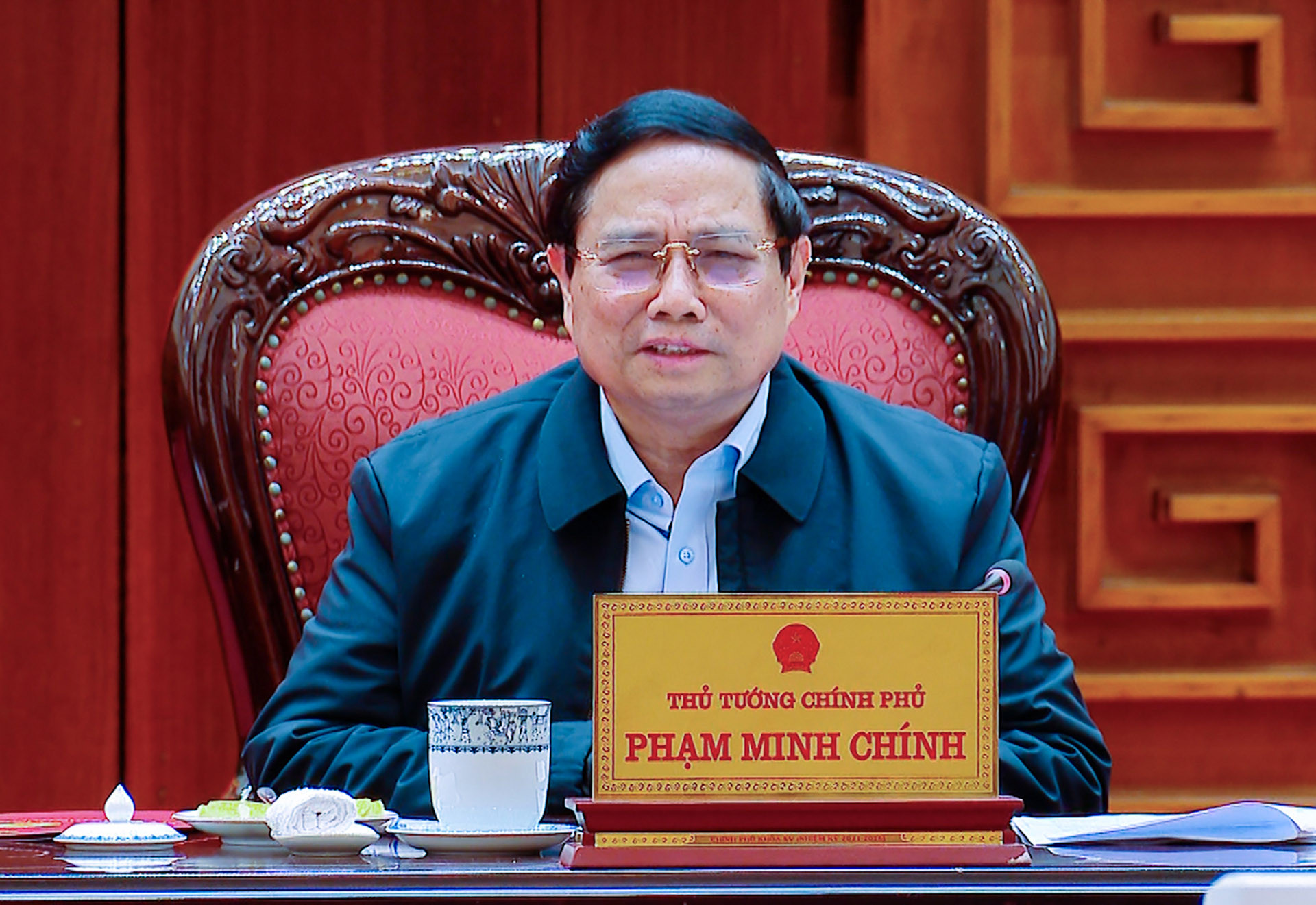
































![[REVIEW OCOP] An Lanh Huong Vet Yen Cat](https://vstatic.vietnam.vn/vietnam/resource/IMAGE/2025/3/27/c25032328e9a47be9991d5be7c0cad8c)

Comment (0)